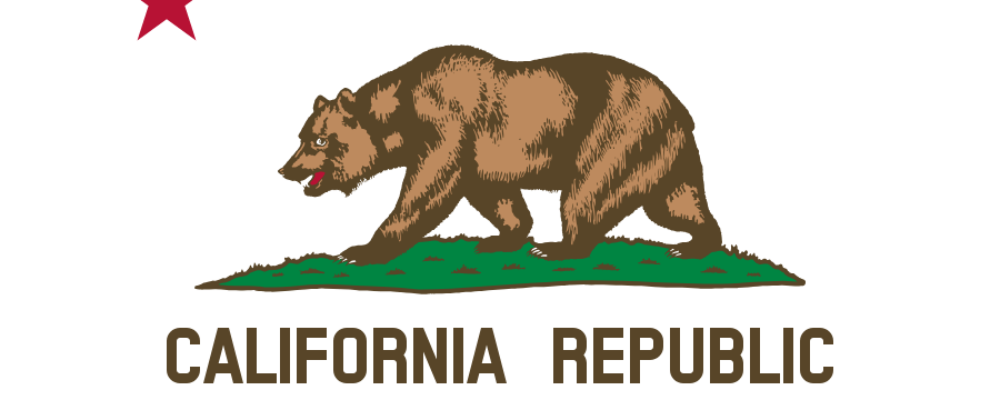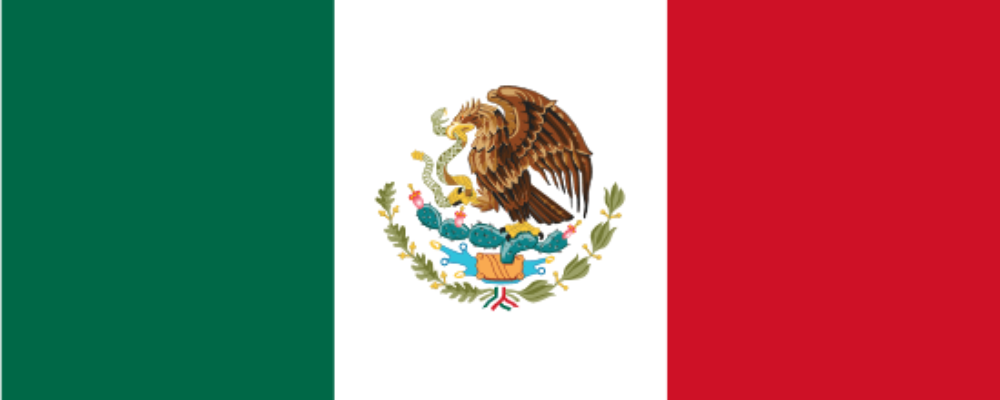Quick Hits
- In a recent decision, a Massachusetts Superior Court judge held that a percent-of-profit incentive payment under a profit-sharing scheme is not a commission subject to the Wage Act.
- The court reasoned that an executive’s profit-sharing incentive was tied to the company’s profits, but not to revenue that he personally generated, and therefore he did not have a viable claim under the Wage Act.
- The decision clarifies that, although commissions refer to contingent compensation that becomes due once definitely determined, profit-sharing arrangements or shares of overall profits are generally not considered commissions under the Wage Act.
Background
In 2017, amidst consecutive years of financial downturn, Boston Globe Media Partners, LLC, appointed Vinay Mehra as its president, entrusting him with the pivotal task of revitalizing the company’s profitability. As part of his compensation package, Mehra was promised a salary and other benefits, along with an incentive of “5% of the Globe’s profits beyond $5 million” starting in his third year and continuing thereafter. Notably, the agreement did not stipulate Mehra’s continuous employment during bonus calculation or disbursement.
Mehra’s tenure witnessed a noteworthy turnaround as he orchestrated a surge in the Globe’s revenue while implementing cost-cutting measures, culminating in significant profitability by 2019. However, as the Globe’s profitability improved, so did Mehra’s incentive payment, prompting the company to press for a renegotiation of his profit share (including, according to Mehra, a statement that the company would terminate his employment if he did not accept a reduction). The Globe ultimately paid Mehra the full amount for 2019.
In February 2020, the Globe proposed a revised compensation structure that would adjust Mehra’s incentive payment for the current year and beyond. Once again, Mehra rejected the proposal, and the Globe indicated it would terminate his employment. By June 2020, the Globe was continuing to be profitable, with earnings surpassing $10 million in the first half alone.
On June 30, 2020, the Globe terminated Mehra’s employment for cause. In 2021, following the finalization of the Globe’s 2020 profits, Mehra demanded payment of his incentive based on the originally agreed-upon percentage. The Globe acknowledged Mehra’s entitlement to payment but suggested a lower percentage than originally agreed upon.
Mehra initiated legal action against the Globe in the Massachusetts Superior Court. He asserted various claims, including violation of the Wage Act for failure to pay his 2020 “commission,” retaliation, breach of contract, breach of the implied covenant of good faith and fair dealing, and unjust enrichment.
In the midst of litigation (with discovery ongoing), the Globe moved to dismiss Mehra’s Wage Act claim, contending that his incentive compensation does not qualify as a “commission” under the Wage Act; dismissing this claim would be significant given the treble damages, interest, and attorneys’ fees available for such claims.
The Superior Court’s Decision
The Massachusetts Superior Court ruled that Mehra’s incentive compensation, tied to a percentage of the Globe’s yearly profits, was not a commission under the Wage Act. The court noted that the Wage Act covers wages, holiday and vacation pay, and, to a certain degree, commissions, when the amount has been “definitely determined” and is due to the employee.
The court reinforced that under the Wage Act, commissions represent contingent compensation that becomes payable to the employee once “definitely determined and due.” The court also noted relevant precedent defining “wages” narrowly within the Wage Act’s framework, excluding other forms of contingent compensation. The court also explained that commissions are typically compensation for individuals engaged in sales, services, or real estate, often calculated as a percentage of the sales price.
Applying those concepts to the facts of this case, and bearing in mind precedent consistently ruling that profit-sharing arrangements or shares of overall profits do not qualify as commissions under the Wage Act, the court held that Mehra’s profit-sharing incentive was tied to the Globe’s profits, but not to revenue that he personally generated. As a result, the court held that Mehra did not have a viable claim under the Wage Act, thus removing his ability to pursue the associated steep damages as the case proceeds.
Key Takeaways
In recent years, the lines have been blurred as to what is considered a commission under the Massachusetts Wage Act. However, this recent decision clarifies that under Massachusetts law, commissions are defined narrowly within the context of the Wage Act. While commissions refer to contingent compensation that becomes due once definitely determined, profit-sharing arrangements or shares of overall profits are generally not considered commissions under the Wage Act, thereby limiting potential damages available for employees (current and former) pursuing such payments.
Ogletree Deakins’ Boston office will continue to monitor developments and will publish updates on the Massachusetts blog as additional information becomes available.
Follow and Subscribe
LinkedIn | Instagram | Webinars | Podcasts
“Ogletree Deakins has experienced professionals in all areas of labour and employment law who provide efficient, client-focused service. We represent employers of all industries and sizes, from small businesses to Fortune 50 companies.”
Please visit the firm link to site





